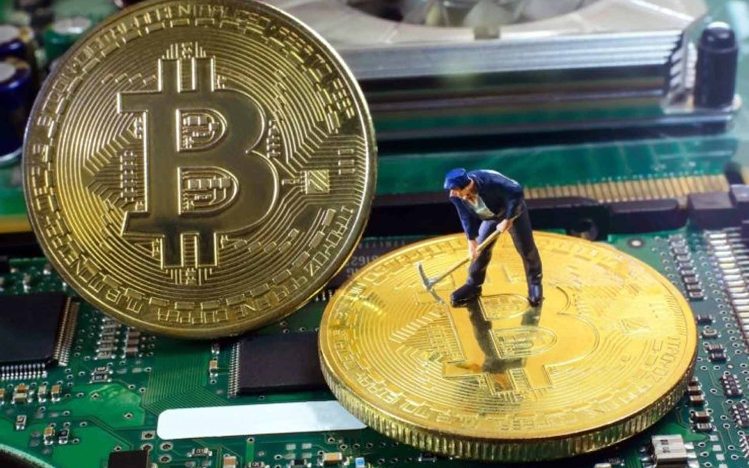Bitcoin’s recent gains of around 25 percent in the last week or so has not only been good for traders and hodlers, but also miners who have managed to cash in on a boost in the fees paid to them. Miners that were confirming Bitcoin transaction saw a huge boost in profits, especially in comparison to other cryptocurrencies.
According to a report by the cryptocurrency analytics firm Longhash, Bitcoin’s transactions fee mirrored its price pump. Longhash compiled transaction fees over a 24-hour period beginning at 0950 UTC on May 10, 2019. It recorded Bitcoin amassing a whopping $580,000 in transaction fees for the period.
In context, that number is eight times higher than all cryptocurrencies listed on Messari’s OnChain FX, which the report was based upon.
Leading the way
The news while astounding, is not too surprising. This latest rally has been somewhat different in that Bitcoin managed to streak away in its price surge with altcoins struggling to keep up and giving mixed results.
The increase in price for Bitcoin sparked an increase in transactions, which also helped boost the mining profits which raised substantially in this last week alone.
There were however some notable gains for miners of other coins. Ethereum took the second spot, with Messari reporting that ETH miners earned around $68,000 in mining fees on May 10.
But, after that, even Litecoin, which saw its price skyrocket this year sparking off the cryptocurrency spring, came in a very distant third. The coin recorded a poor $1,100 in transaction fees, or 1.61 percent of Ethereum’s fees.
Functional governance
Bitcoin, as the original blockchain and cryptocurrency, has had the longest time to function as a distributed network and this increase in mining fees could be a sign of functional governance.
In order to ensure that the Bitcoin network could stay safe from 51 percent attacks and/or other means of centralization, Satoshi Nakamoto conceived of Bitcoin’s transaction fees as a way of letting users pay additional money to have their payments prioritized.
In turn, these fees financially incentivize Bitcoin miners around the world to temporarily donate their device’s resources for the purpose of verifying transactions. This importance of verifying transactions will only get greater as Bitcoin mining rewards are designed to get harder.
As block rewards become less of an incentive for miners, Bitcoin’s fees may become a key financial incentive. As a result, the asset’s current dominance by this metric may serve as a victory in the ongoing battle to stay both safe and decentralized.

